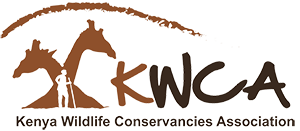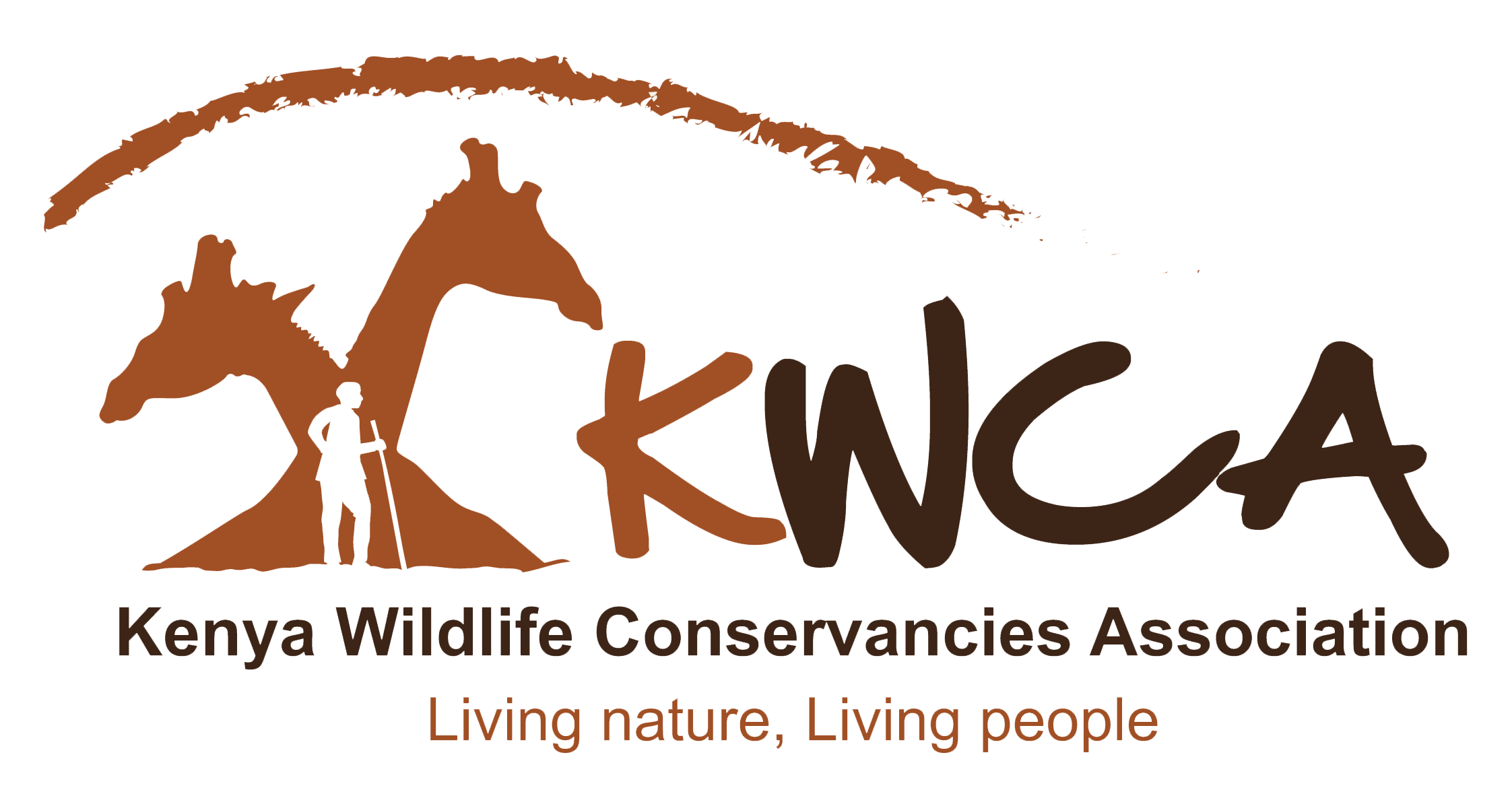Development of Investment Prospectus for Select Wildlife Conservancies in Kenya
Kenya Wildlife Conservancies Association (KWCA) is a national landowner led membership organisation, established in 2013 to serve the interests and collective voice of over 160 community and private conservancies. KWCA works to create an enabling environment for conservancies to thrive by advocating for the right policies, laws and incentives and supporting them through information sharing, and capacity building. KWCA recognises that conservancies represent a strong mechanism to promote wildlife stewardship and custodianship by indigenous people, local communities and landowners that share land with wildlife.
Kenya’s wildlife conservation sector, including wildlife conservancies, relies heavily on tourism and tourism revenues to support core operations, conservation interventions and community support services. However, tourism investments and revenues from wildlife conservancies remain largely modest. For example, the Kenya’s tourism sector generated Ksh 99.7 billion in 2016 but the share of tourism income earned by conservancies amounted to a modest 1.3 percent. Moreover, only 69 conservancies out of the 160 Kenyan conservancies have tourism investment, majority based on international tourism. Some 131 tourism facilities with a bed capacity of 2,510 beds have been established with potential to expand.
The modest tourism investment within the conservancies present considerable potential and scope for expansion. On the other hand, over-reliance on tourism as the major source of revenue has subjected the sector to external shocks such as the ongoing COVID-19 pandemic which together with the measures to control its spread, has brought international tourism to a sudden halt. Consequently wildlife conservancies are deprived the necessary resources required to secure conservation space and minimise threats to Kenya’s iconic wildlife as well as providing social and economic benefits to the conservancy communities.
KWCA, through its Private Sector Engagement Strategy, has embarked on a journey to identify and document potential investment opportunities within conservancies and which are compatible with wildlife conservation and to link such opportunities to the private sector, in a bid to diversify their revenue generating activities and ultimately reduce over-reliance on tourism revenue, guarantee their financial stability and sustain their core operations and conservation interventions. This need for financial sustainability within KWCA and among its member conservancies through private sector engagement is also anchored on the organisations Strategic Plan 2019-2023 (Strategy 3.3).
The organisation has already contracted two consultants to develop Investment Prospectus for the Conservancies within Taita Taveta and Amboseli Landscape. KWCA in partnership with TNC, through the CCSP program intends to expand the scoping for investment opportunities onto other priority landscapes with a focus on Northern Kenya, Kenyan Coast and Southern and central rift valley landscapes.
KWCA seeks to engage a consultant to develop a conservancy investment prospectus for a diversified tourism (Domestic & international), non-tourism investment opportunities and community based enterprises based in or around community and private conservancies. The prospectus is expected to profile a summary of at least 3 investment opportunities in each of the 6 landscapes; South Rift, Coast, Baringo, Northern Kenya, Laikipia and Maasai Mara.
The Scope of Consultancy
The overall goal of this consultancy is to improve financial sustainability in wildlife conservancies by identifying and document potential investment opportunities within conservancies as a step towards attracting investment and private sector partnerships resulting in sustainability of conservancies.
The above goal shall be achieved through the following approaches and tasks:
- Review conservancy management plans and other literature to identify reported viable investment opportunities;
- Engage conservancy landscape associations to identify investment plans and opportunities within established and emerging conservancies, ascertain viability, potential constrains, opportunities;
- Analyse the investment environment within community conservancy set up and recommend conditions necessary to spur investment including institutional, technical and financial barriers and opportunities;
- Assess identified opportunities for expanding tourism both local and international and profile the priority viable opportunities in as tourism site, tourism attractions and tourism activities including cultural products;
- Identify non-tourism nature based investment opportunities and profile them, based on priority, viability, type, natural resource type and partnerships needed;
- Recommend enabling conditions, markets, marketing opportunities and capacity requirements to ensure the benefits accrue to local communities including youth and women
- Develop Investment Prospectus for the Conservancies to be used to enhance investment, partnership and funding for community based enterprises
Qualification and Experience
KWCA seeks to contract a consultant with:
- Proven technical knowledge and adequate experience in conservancies, community-based conservation, or natural resource governance;
- Demonstrated business development expertise
- Research oriented;
- Analytical skills and capacity to generate quantitative and qualitative data and information;
- Creative writing, communication and presentation of information and data
Deliverables
-
- Investment profile template
- List of priority investment opportunities, tourism and non-tourism enterprises
- Summarised Investment Prospectus for viable and priority investment opportunities with at least 3 investments for each of the 6 regions
Submission of Expression of interest
Interested person(s)/firm should submit expression of interest, attach profile of the consultant/firm including experience in handling similar assignments and a proposal on delivery of the task, that includes a work plan and budget to: Email address: [email protected] Due date: May 26, 2021

